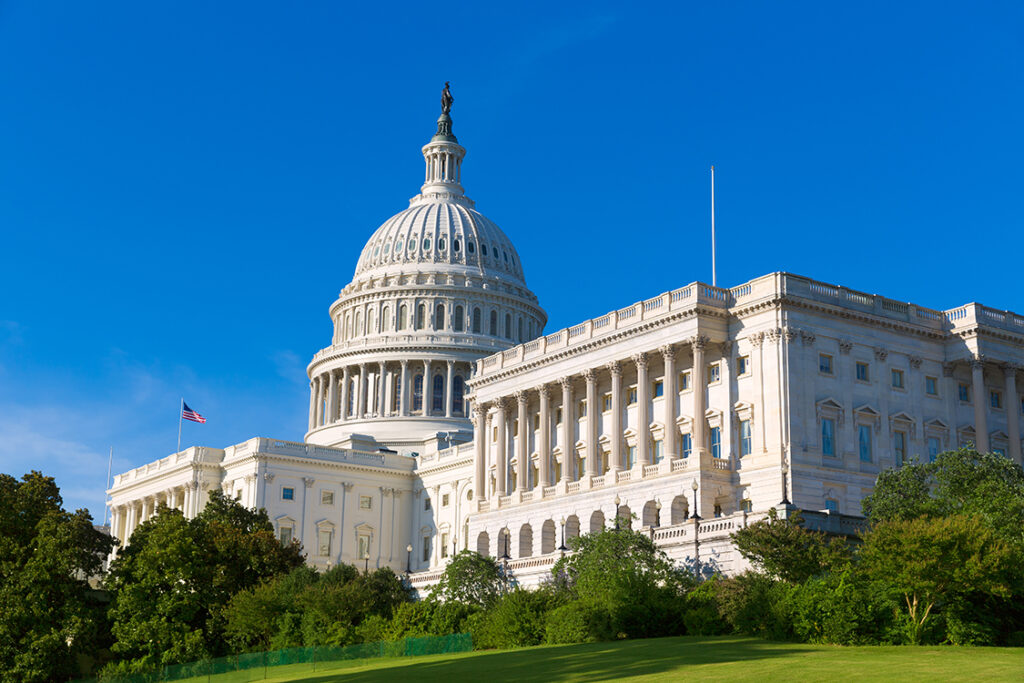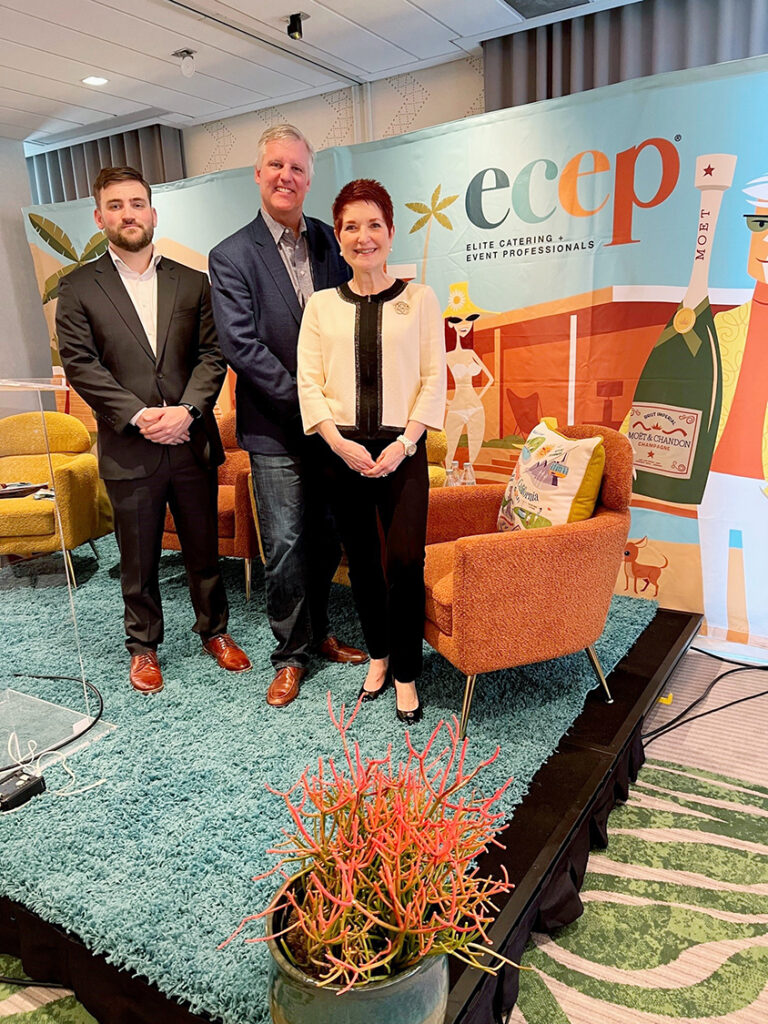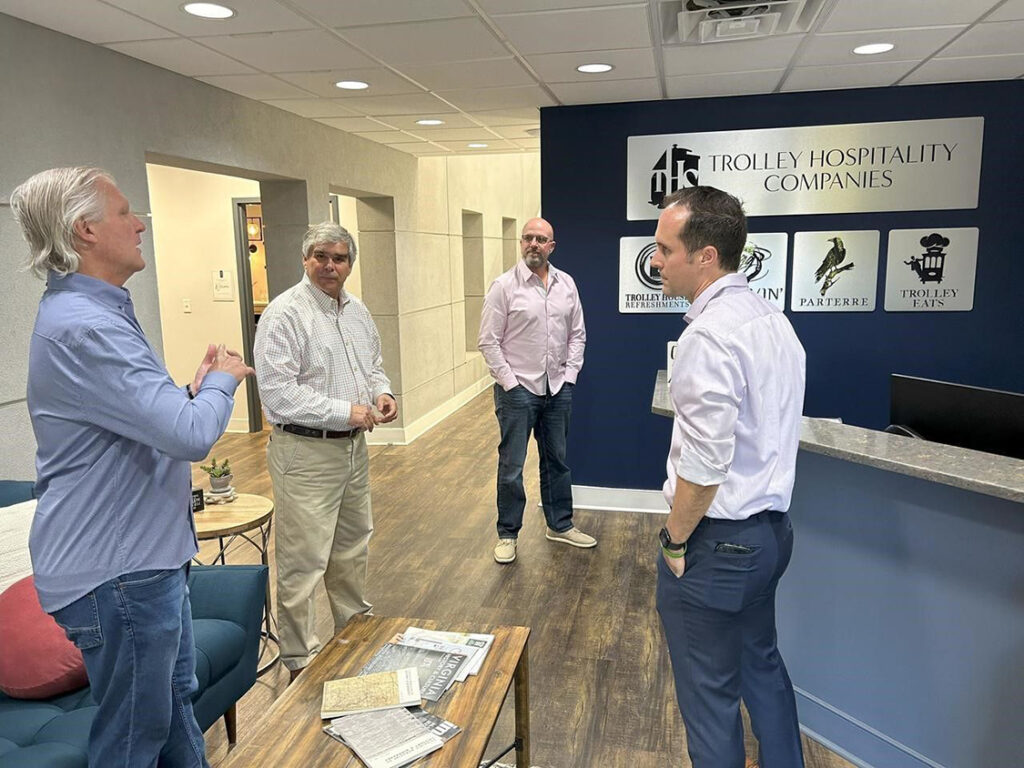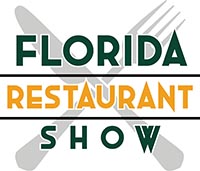Thanks to ECEP’s efforts, caterers are taking their place at the government table
By Liese Gardner

Change and upheaval can be powerful catalysts for action. This was precisely the case for the founding members of Elite Catering + Event Professionals (ECEP) as they faced the second year of the COVID-19 pandemic in 2021, which brought a devastating ripple effect to their livelihoods. The catering industry came to a complete standstill, with no relief in sight.
While restaurants and hotels were supported by powerful advocates like the National Restaurant Association, catering businesses were left vulnerable. Trolley Hospitality, a Richmond, Virginia-based company just entering the catering space, found support through the National Automatic Merchandising Association (NAMA), a trade association representing the convenience services industry.
Thanks to NAMA’s advocacy efforts, Trolley Hospitality was deemed “essential” and was able to continue to do business. “Catering is a smaller piece of our business,” says Scott Halloran, CEO. “But through the main part of it, we were deemed essential because of our refreshment services in manufacturing businesses and hospitals.”

As Halloran engaged with catering groups on Zoom, he noticed a troubling gap. “I listened to what they were saying, how everything was shut down for them, and I started asking questions. When I asked who was representing catering in Washington, I learned that NACE [National Association for Catering & Events] and ICA [International Caterers Association] don’t have an advocacy component.”
Drawing on his experience with NAMA’s advocacy work, Halloran shared how his company managed to stay operational. “When COVID hit, they went to Capitol Hill, spoke about the industry, and ensured we were protected. We were still impacted, but we weren’t completely shut down.”
Around this time, Michael Stavros of Phoenix-based M Culinary Concepts, now immediate past president of ECEP, reached out to Halloran to discuss advocacy. Stavros, along with companies like Bethesda, Maryland-based Ridgewells Catering, had begun collaborating to spark industry action. “That’s how I became part of ECEP, and that’s how ECEP joined forces with a powerful advocate,” Halloran says.

The idea of forming a group with advocacy at its core quickly gained momentum. “Our industry was in dire need of advocacy, leadership and collaboration,” says Susan Lacz, a founding member of ECEP and its inaugural president. Lacz and Stavros identified advocacy as the missing component that had left caterers so vulnerable during the pandemic.
How Advocacy Leads to Action
ECEP continues to advocate on behalf of the catering industry to ensure that caterers’ voices are heard, and their unique challenges are addressed at federal, state and local levels.
- Direct Results: Following COVID, ECEP worked through its advocacy partners and Congress to have the catering/foodservice industry declared as “essential services.” It also advocated with the IRS to expedite Employee Retention Tax Credit (ERTC) payments to eligible catering companies.
- Grassroots Advocacy: ECEP provides members with a direct communication portal to government representatives via its website. Through this tool, ECEP helps craft letters that are automatically sent to the appropriate legislators. “For example,” Halloran says, “we’re introducing a tax parity bill in Virginia to address the higher sales tax on vending machines compared to markets selling the same products.”
- Coalition Building: During the pandemic, ECEP joined coalitions advocating for caterers’ inclusion in relief programs, ensuring they weren’t overlooked.
- Specific Legislation: ECEP continues to work with lawmakers on the PART Act, which addresses the rampant theft of catalytic converters from delivery trucks—a significant issue for caterers.
- Federal Regulations: Through its advocacy partners, ECEP pressed the FTC to exclude caterers from a proposed “junk fee” rule. Citing ECEP’s comments several times throughout the final rule, the FTC acknowledged that the catering industry was not meant to be included in this rule and narrowed the scope to explicitly exempt the industry’s standard billing practices.
- Alcohol and Food Safety Regulations: ECEP works with its members to navigate complex state laws, such as liquor storage between events, returning unused liquor and food safety regulations. For instance, Warren Dietel, CEO of Florida-based Puff ‘n Stuff Catering, spearheaded a grassroots campaign in Florida advocating amendments to liquor storage regulations, with guidance and support from ECEP and its advocacy partners.
- Employee and Labor Policies: ECEP addresses key issues such as family medical leave, minimum wage regulations and other labor laws, keeping caterers informed and prepared to navigate these challenges.
Every day, caterers navigate complex regulations, adapt to market changes and work tirelessly to build thriving businesses. But finding the path to government action doesn’t have to be an additional burden.
The COVID-19 pandemic revealed a glaring vulnerability in the catering industry: the absence of a unified voice advocating for its unique needs. ECEP is committed to filling this void.
Advocacy is about more than just reacting to crises. It’s about shaping a future where caterers are recognized as essential contributors to the economy and community life. ECEP is leading the way toward a stronger, more resilient industry that’s ready to face any challenge.
For more information, visit ecep.online.










